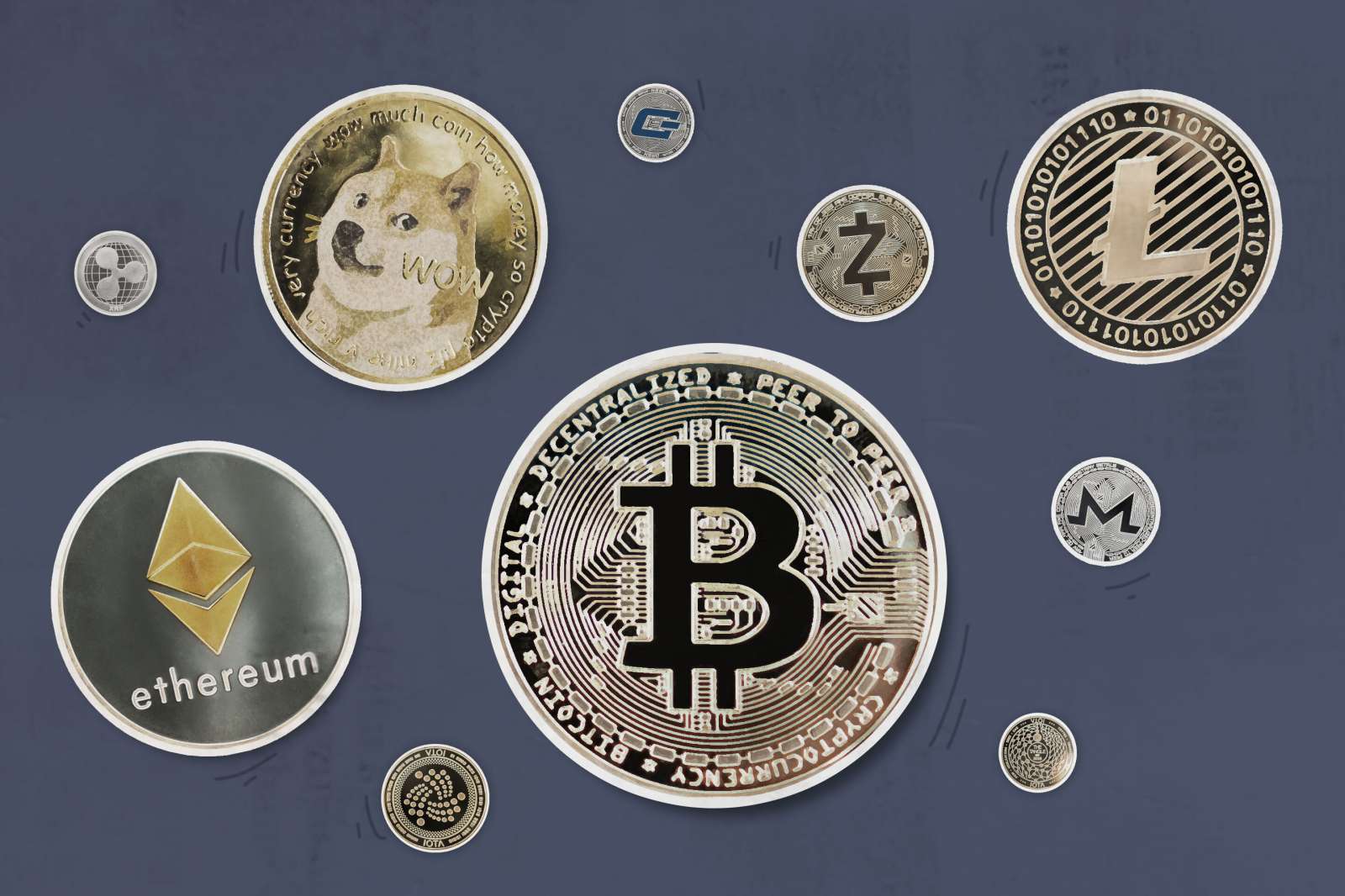The platforms of virtual currency wallets are collectively called cryptocurrency exchanges, including centralized exchanges (such as Binance, Huobi, etc.), decentralized exchanges (such as Uniswap, Pancakeswap, etc.), managed wallets (such as MetaMask, Trust Wallet, etc.) and non-custodial wallets (such as Electrum, Bitcoin Core, etc.).

Platform name of virtual currency wallet
The platform of virtual currency wallet is often called a cryptocurrency exchange or Digital currency exchange. The most common exchanges include:
1. Centralized exchange
Escrow wallets hold the private keys to users’ cryptocurrencies by a third-party company. They often offer convenience and ease of use at the expense of security. 4. Non-custodial wallet Non-custodial Wallets store the private keys for cryptocurrencies on the user’s device. They offer greater security but require users to manage their own funds and private keys.
The above is the detailed content of What is the platform of the virtual currency wallet called?. For more information, please follow other related articles on the PHP Chinese website!




